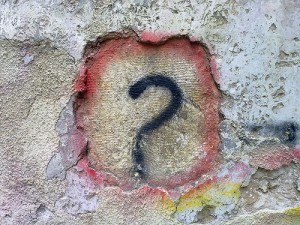A cancer researcher in Texas who once threatened to sue Retraction Watch is up to 30 retractions, the latest involving a 2011 article which earned a correction the following year.
The paper, “Boswellic Acid Suppresses Growth and Metastasis of Human Pancreatic Tumors in an Orthotopic Nude Mouse Model through Modulation of Multiple Targets,” came from the lab of Baharat Aggarwal, formerly of the University of Texas MD Anderson Cancer Center, in Houston.
The paper, which was corrected in 2012, has received 50 citations, according to Clarivate’s Web of Science, all of which came after the correction. The latest of these references appears to be a recent preprint claiming to find that frankincense extract helps treat breast cancer.
Per the retraction notice:
Continue reading Frankincense extract paper is 30th retracted by former MD Anderson researcher who once threatened to sue Retraction Watch







